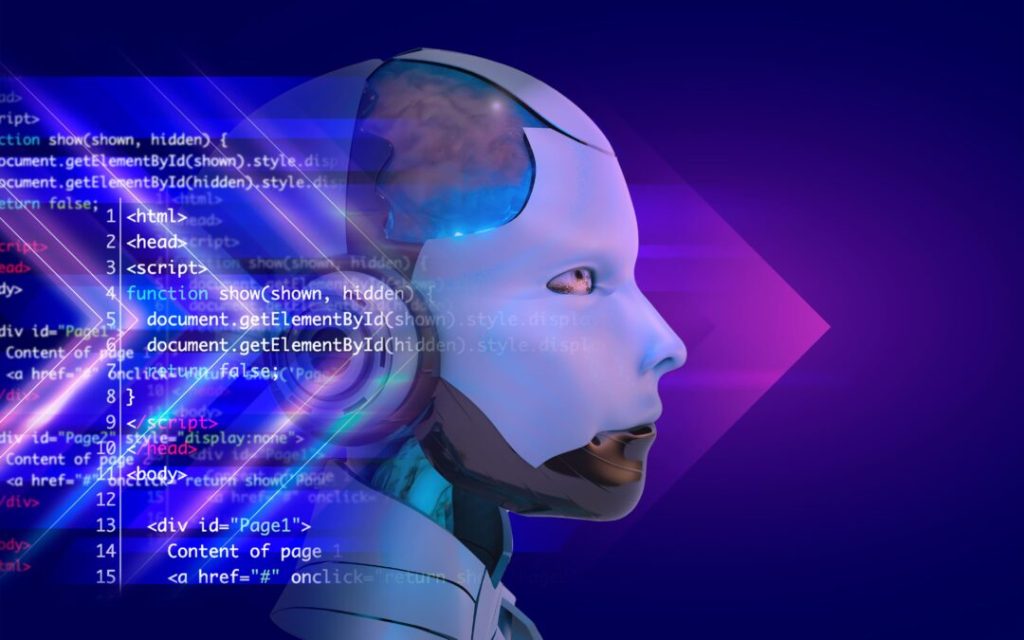Introduction
Artificial Intelligence (AI) has evolved from a futuristic idea into a vital tool powering innovation across industries. From healthcare and manufacturing to education and finance, AI is changing how businesses operate, make decisions, and deliver value. As more organizations embrace digital transformation, the use of AI has become essential to improving efficiency, reducing costs, and driving smarter business outcomes.
Understanding AI in the Modern Business Landscape
AI’s ability to process massive amounts of data and learn from patterns allows it to automate tasks, provide insights, and enhance productivity. Today, industries use AI for everything from customer service automation to predictive analytics and advanced robotics. Companies adopting AI Applications are not just gaining operational efficiency they’re creating entirely new ways of working and innovating.
Key Industry Applications of Artificial Intelligence
1. Healthcare
AI has revolutionized healthcare through early disease detection, medical imaging, and personalized treatment plans. Algorithms can analyze scans, predict potential health risks, and assist doctors in diagnosing with higher accuracy. Hospitals use AI to manage patient data, improve hospital workflows, and even power chatbots that help patients schedule appointments or receive health advice.
2. Finance
The financial sector relies heavily on AI for fraud detection, risk management, and investment forecasting. Machine learning models analyze transaction data in real time to spot suspicious activity. Banks also use AI-powered chatbots and virtual assistants to enhance customer support while saving time and resources.
3. Manufacturing
AI enables smart factories through predictive maintenance, robotic automation, and real-time monitoring. Manufacturers can predict equipment failures before they occur, optimize production schedules, and ensure consistent quality control. This reduces downtime and boosts productivity significantly.
4. Retail and eCommerce
AI personalizes the shopping experience by analyzing consumer behavior and preferences. Recommendation engines suggest products tailored to each shopper, while AI-driven inventory systems optimize stock levels and pricing. Retailers use AI to forecast demand and improve marketing strategies.
5. Education
AI helps create personalized learning experiences by adapting course content to each student’s pace and needs. It also assists educators in evaluating performance and automating administrative tasks, freeing more time for teaching and mentoring.
6. Logistics and Transportation
AI enhances supply chain visibility, route optimization, and demand forecasting. Transportation companies use AI to improve fleet management, reduce delivery times, and enhance safety through real-time monitoring and predictive maintenance.
7. Agriculture
AI is playing a vital role in modernizing agriculture. Farmers use AI-based tools to analyze soil health, track weather patterns, and monitor crop growth. This data-driven approach helps increase crop yield, minimize waste, and promote sustainable farming practices.
Benefits of AI Across Industries
- Improved Efficiency: Automation reduces manual workload and speeds up processes.
- Enhanced Accuracy: AI minimizes errors through data-driven decision-making.
- Personalized Experiences: Tailors solutions and services to user preferences.
- Cost Savings: Streamlines operations and optimizes resource usage.
- Scalability: Easily expands to meet growing business demands.
By leveraging AI, companies can achieve better results, improved customer satisfaction, and sustainable growth.
Challenges in Adopting AI
While the benefits are clear, integrating AI also presents challenges such as data security concerns, high implementation costs, and the need for skilled professionals. Ethical AI development is crucial to prevent bias and ensure transparency in decision-making systems.
Conclusion
Artificial Intelligence is transforming every major industry, unlocking opportunities that once seemed impossible. From improving patient care to enhancing business operations, AI continues to drive innovation and growth worldwide.
As more industries embrace AI Applications, the future of business will be defined by intelligent systems capable of learning, adapting, and creating new levels of efficiency and insight. Companies that invest in AI today are building a foundation for smarter, data-driven success in the years ahead.







